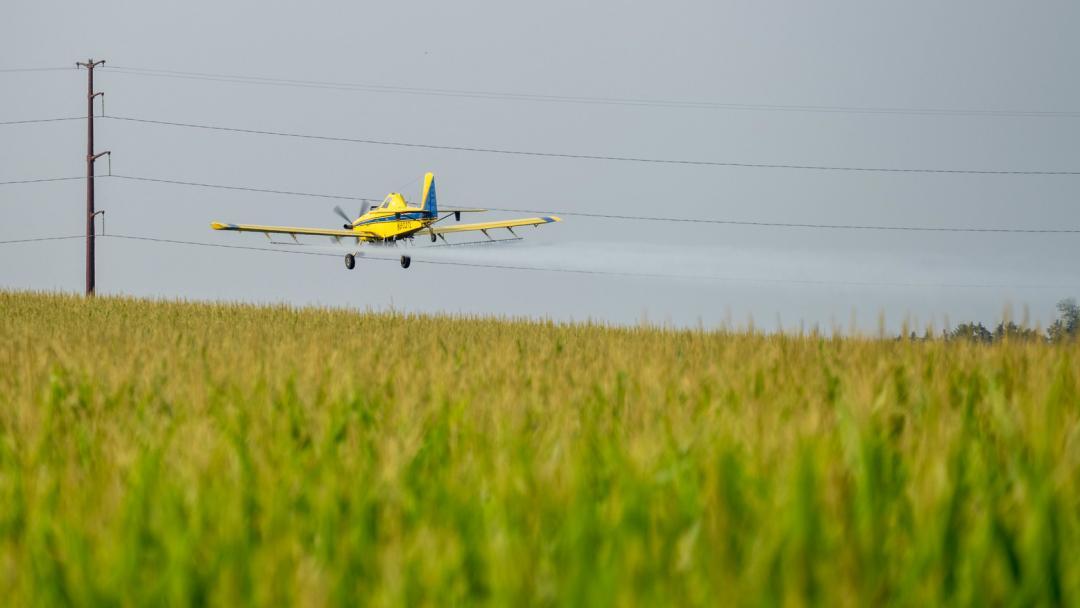CLEANR works closely with researchers, agency officials, and community leaders to address dynamics that contribute to health disparities among underserved communities, in California and across the country. Our community partners work on diverse issues such as pesticide use and exposure, infrastructure equity, land use planning, air quality, and climate resilience. Inevitably, they face a common challenge: scientific research that is underfunded, incomplete, or ignored yet critical to their health and wellbeing. This dynamic is known as “undone science.” As movements for environmental, climate, and social justice pursue community protection and their core principles, undone science – from human-scale environmental monitoring to cumulative risk to health impact assessment – looms large as both a barrier and an opportunity.
Over time, undone science can become entrenched and distort our ability to identify and resolve complex policy problems. Center Director Gregg Macey designed the Community Environmental Research Accelerator (CERA) – a program funded with a generous grant from the Newkirk Center for Science and Society – to reshape this dynamic. Given the scale of undone science in areas of community concern, and the demand for policy-relevant translation of research to advance community-driven priorities, CERA breaks down silos that plague university research and administration. CERA builds on the core strengths of UC Irvine School of Law and the Newkirk Center, including their shared focus on advancing public understanding of science; expertise in community-based research; experience organizing, convening, and facilitating policy networks; and ties to community, regional, and national environmental organizations, government, media, and the scientific community.
Current Projects
CERA brings resources, convening power, legal, policy, and scientific research, and the attention of government, community organizations, science and media, and foundations and donors to bear to build communities of practice to carry out undone science. Each year, CERA identifies an area of undone science in close collaboration with community partners. It then organizes three dynamic efforts: (1) a government-facing policy design process to identify, develop, and address regulatory gaps and challenges that are linked to the area of undone science; (2) a community-facing effort to consolidate community and Indigenous knowledge and existing attempts to address the area of undone science among university, non-profit, and community science networks; and (3) joint research to assist an emergent community of practice that has already begun to gather, transform, and analyze relevant data through public records requests, geospatial analysis, investigative reporting, community science, participation in government-sanctioned processes, and other means.
Through each of the above efforts, CERA defines, frames, furthers, and communicates the urgency of policy-relevant research to agency staff, legislators, investigative journalists, university and community science researchers, donors and foundations, and the public. CERA then organizes an annual conference, held at UC Irvine, wherein it presents findings, encourages new transdisciplinary research teams across campus and beyond, frames provisional research questions and their applicability to legal innovations and policy change, and encourages foundations and donors to address undone science through their funding priorities, solicited proposals, and special projects. For its inaugural year, CERA is proud to partner with Environmental Working Group, to accelerate policy-relevant research on pesticide use, health disparities, and farmworker community protection.
News
Related Links
